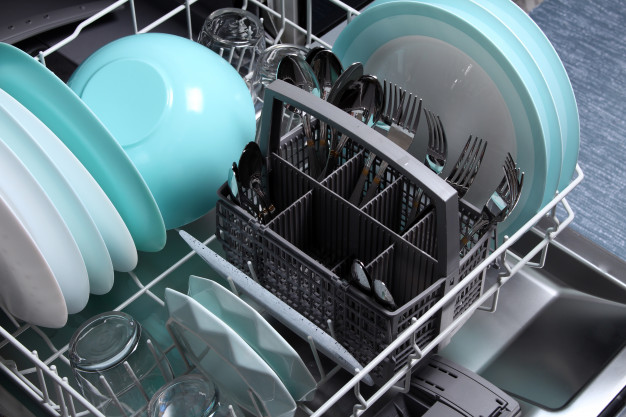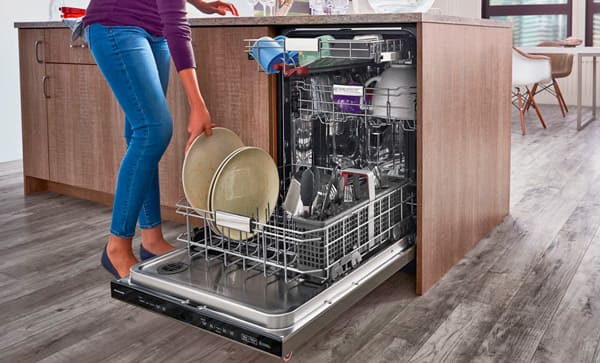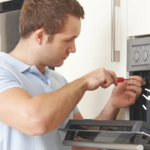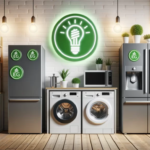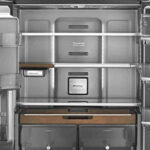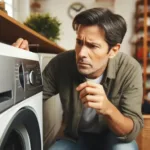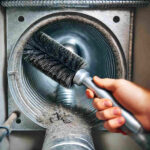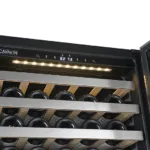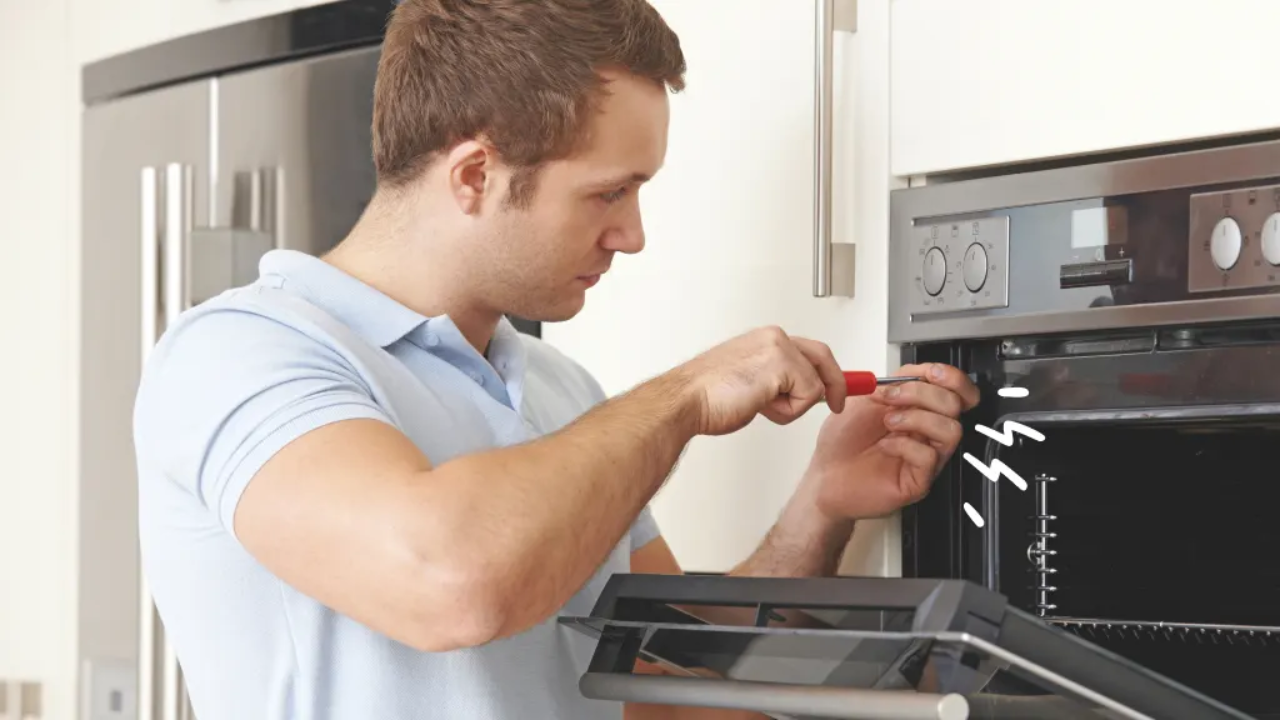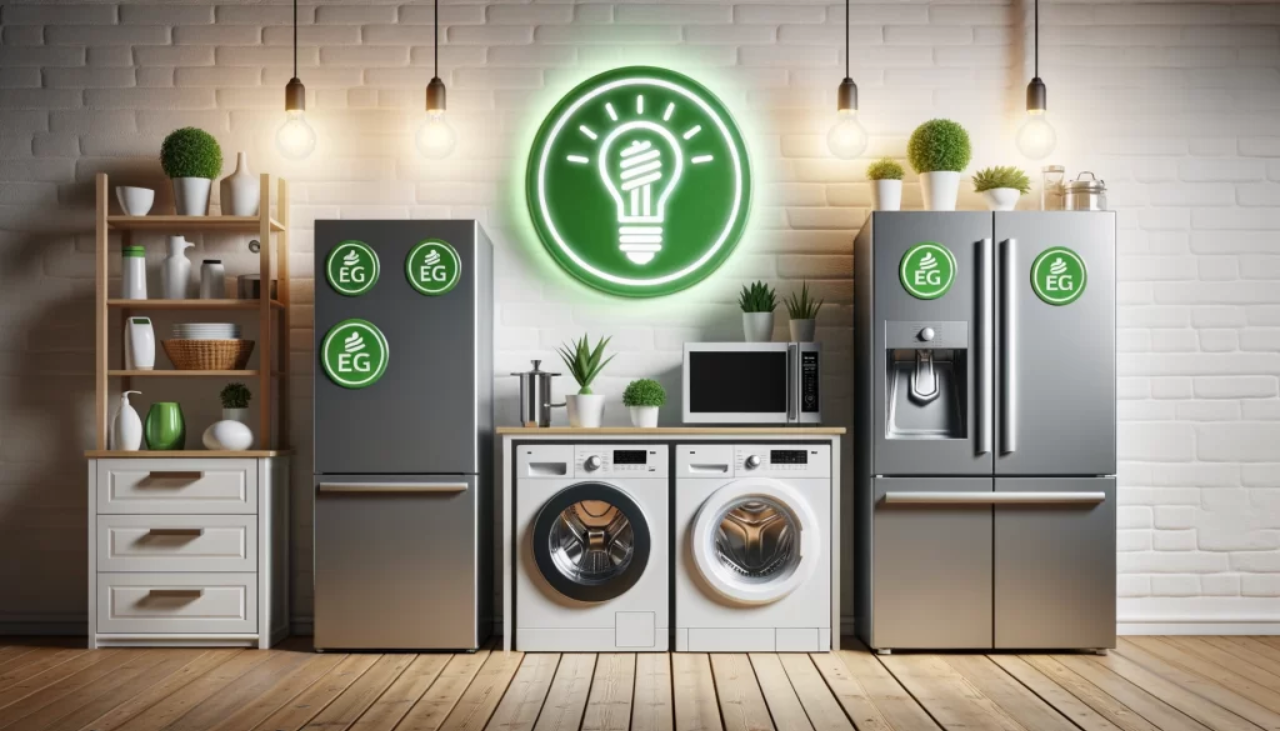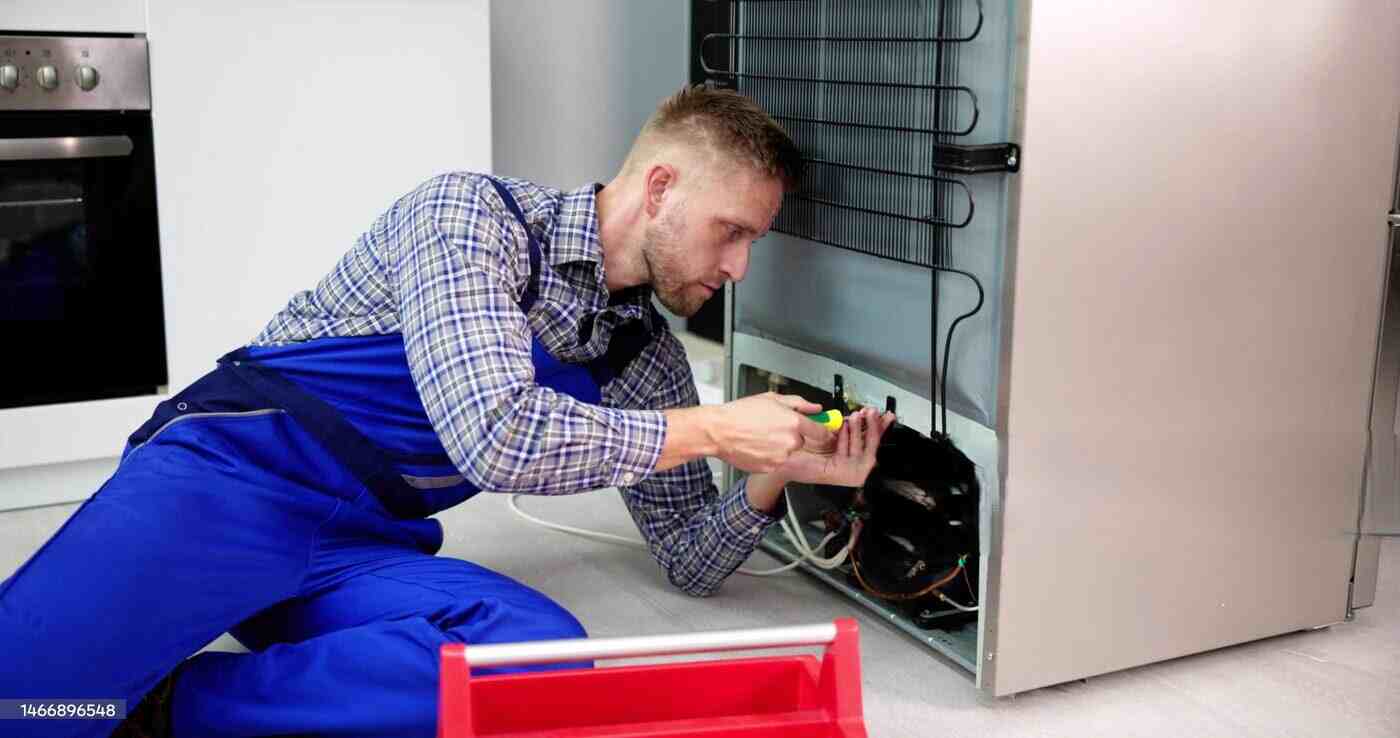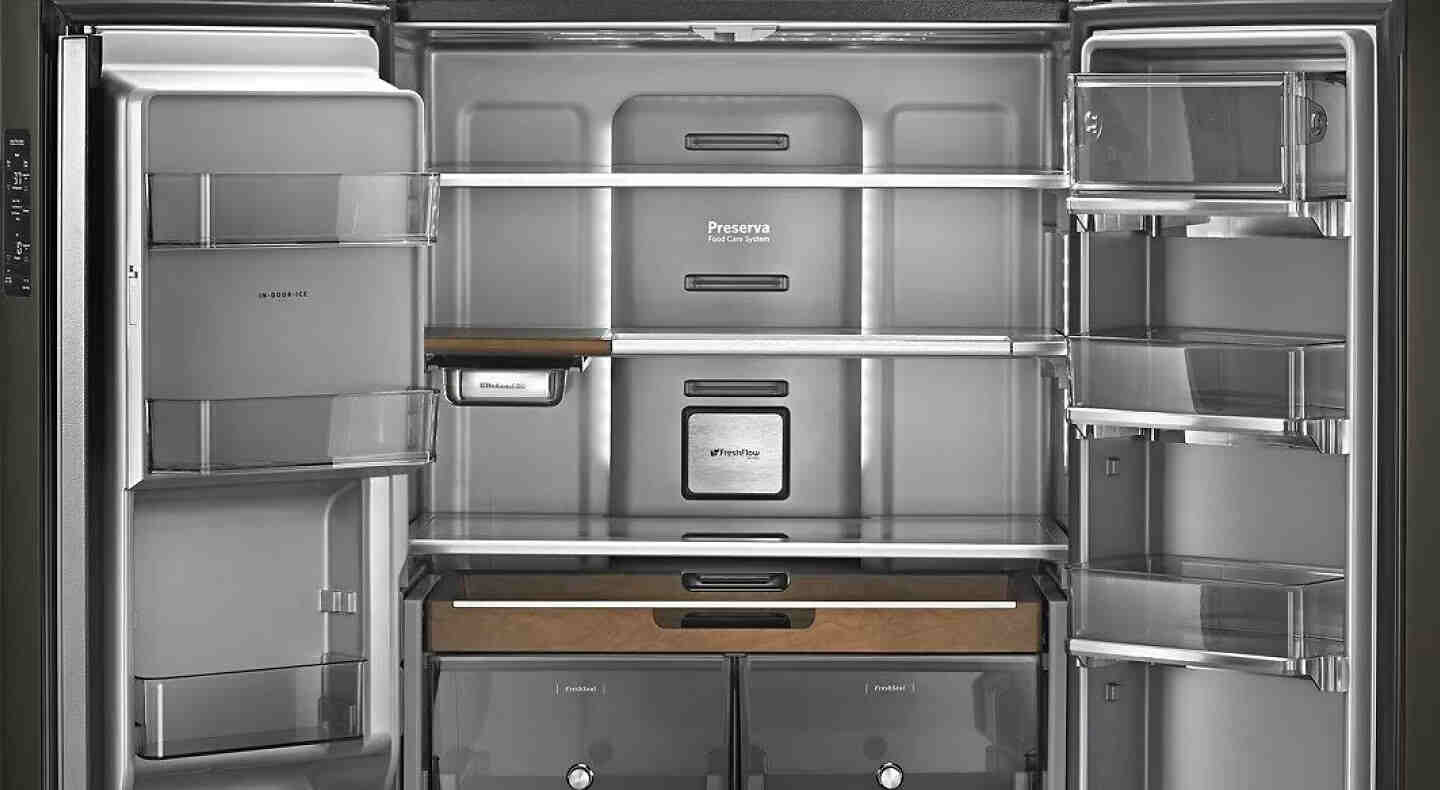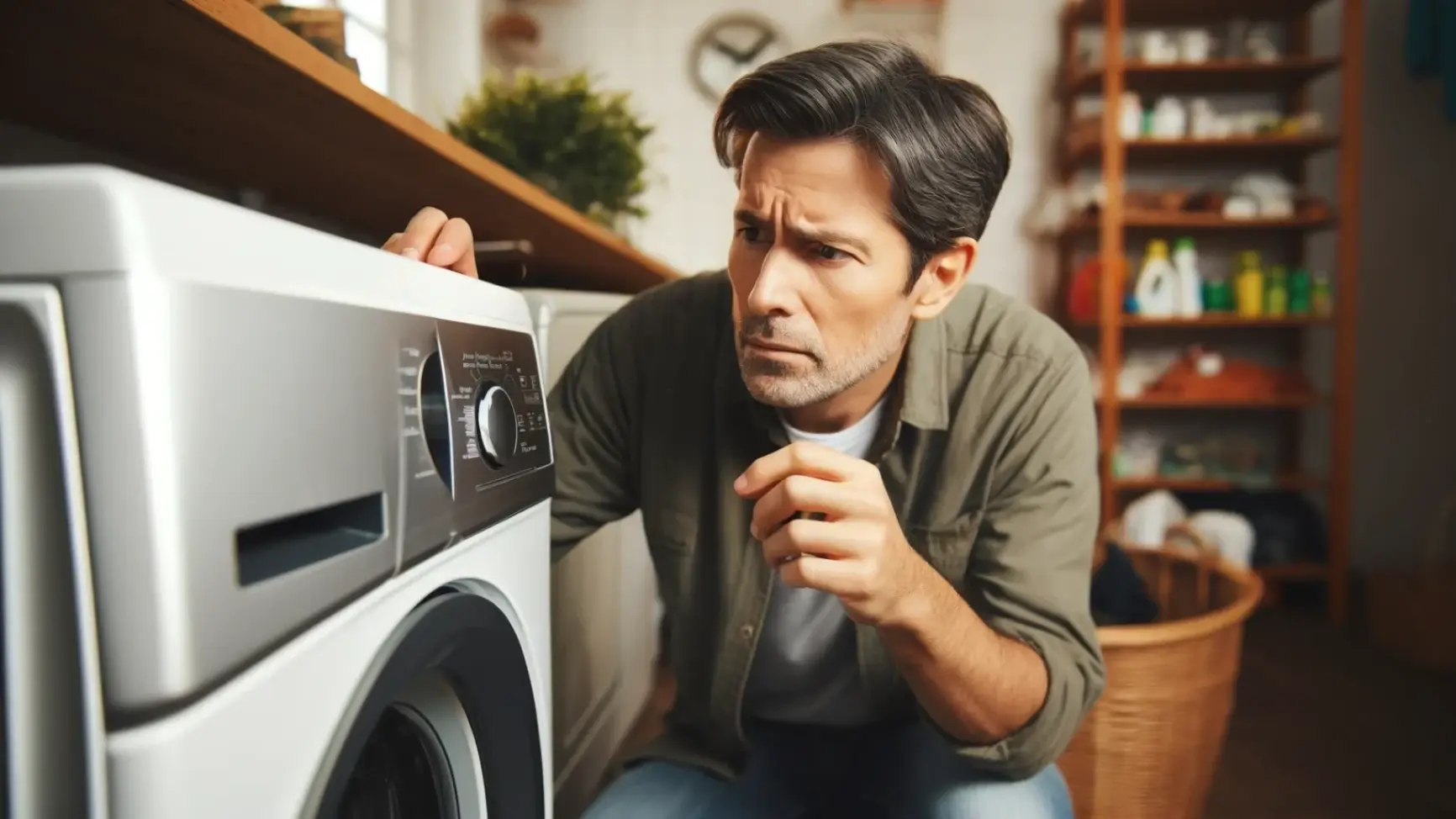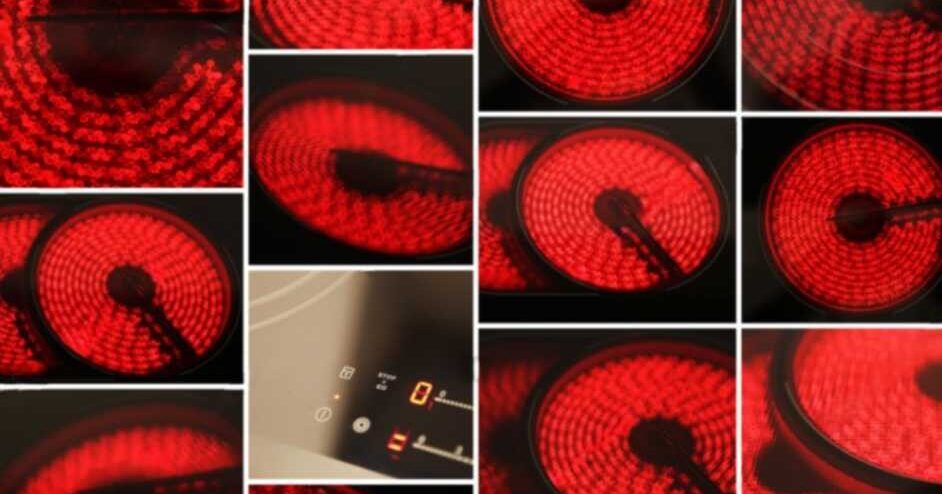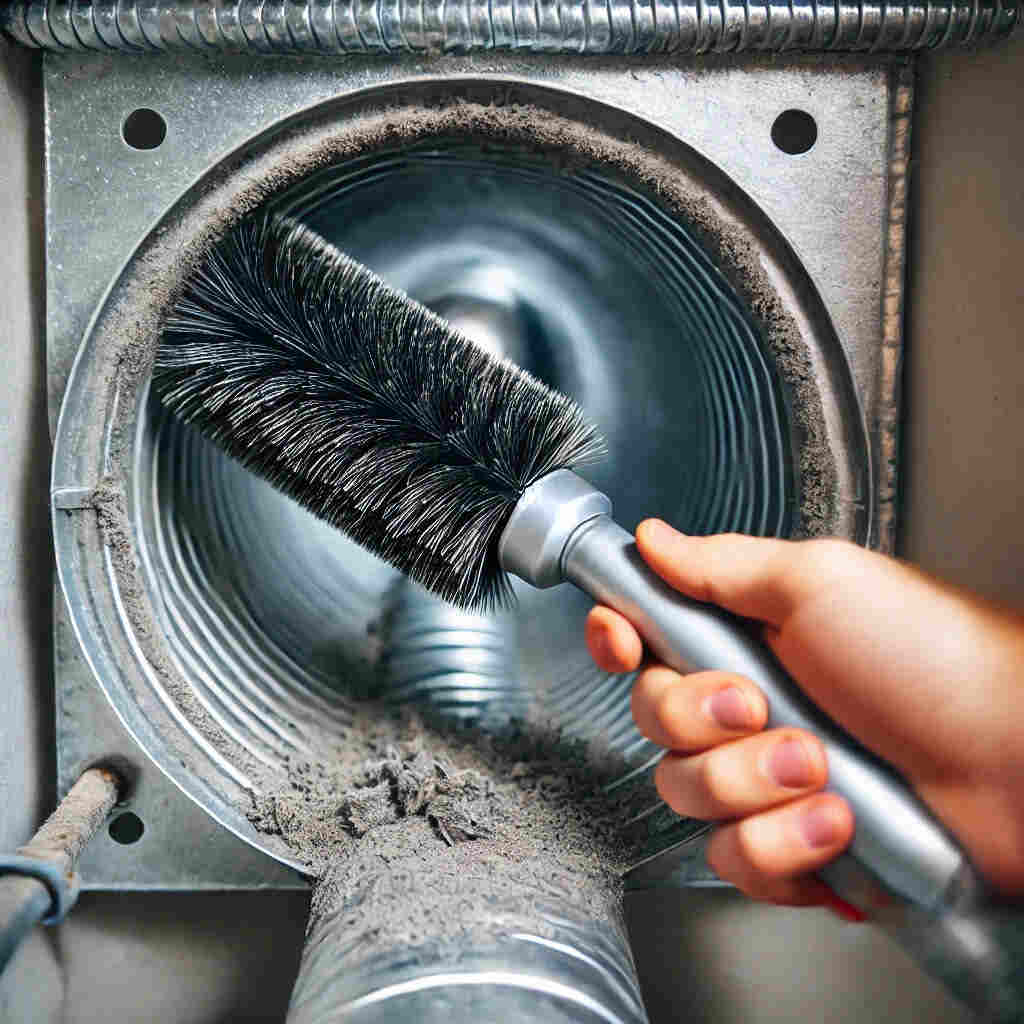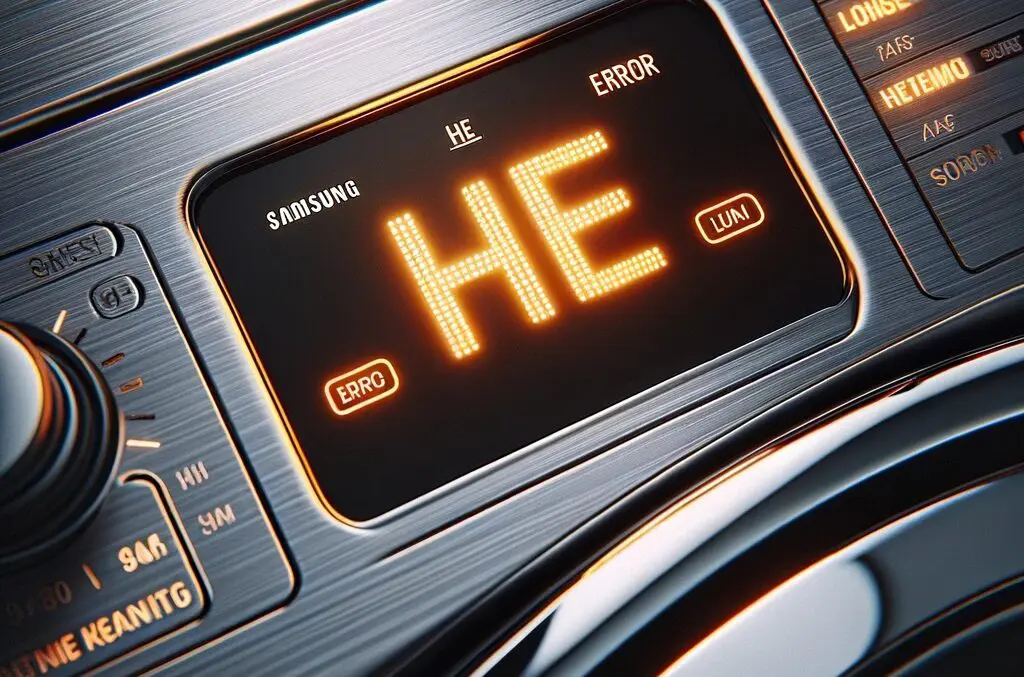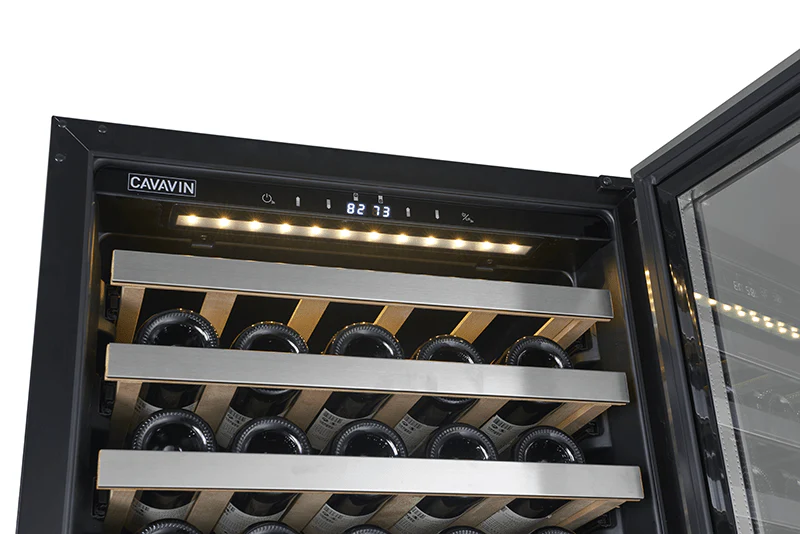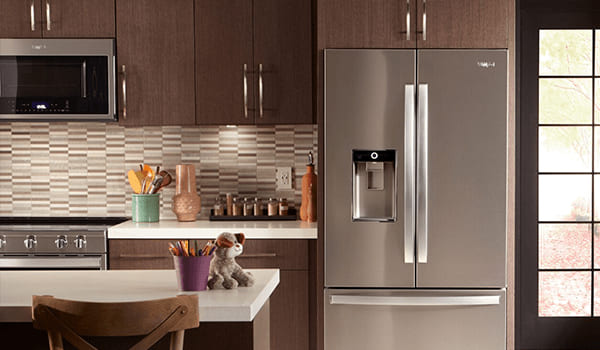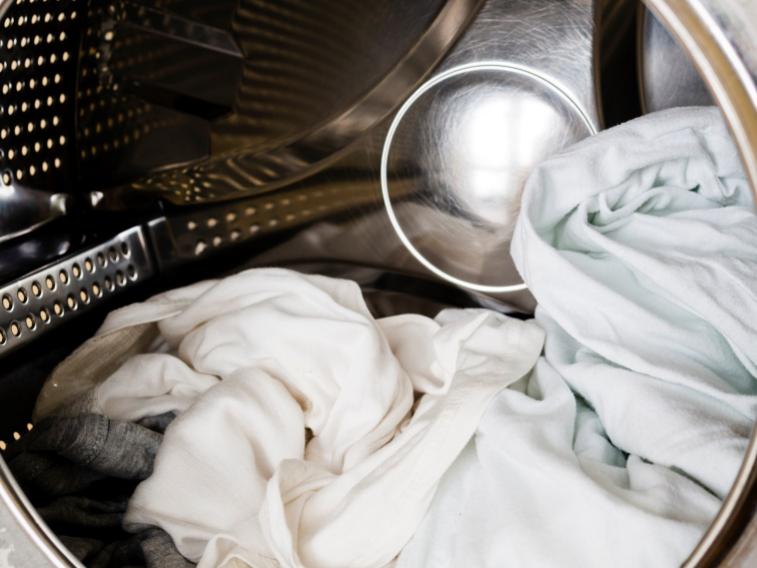Everybody loves a squeaky neat and organized kitchen. Your dishwasher is one important appliance that keeps the dishes clean.
It is almost impossible to mention effective home appliances while eliminating a dishwasher. The washer practically makes our lives easier and save us time that can be utilized doing something else. A modern kitchen is not efficient enough without
a dishwasher.
To make healthy meals, you must have a clean kitchen, free of bacteria without breeding grounds for them. But there are times when your dishwasher
doesn’t wash the dishes clean or perfectly enough.
Below are a few, common reasons and a guide to troubleshoot and repair the said problems.
1. My Dishes aren’t clean enough.
The common frustrating problem is when the dishwasher doesn’t perform what it’s supposed to do — making the dishes clean.
First off, if your dishwasher has a manual filter, check it for food debris. Caught food debris might clog the filter and make dishes dirty.Another reason could
be inadequate water in the dishwasher, causing unclean dishes. Check the float in case it is stuck in an elevated position.
Regularly wipe the interior walls and racks for grease and food debris. Clean thoroughly with vinegar and baking soda. This goes a long way in getting
cleaner dishes.
2. My Dishwasher Is Not Starting
Your dishwasher needs to initiate to get its task performed. But when it doesn’t, there could be a series of difficulties. Among them is an improper connection.
Ensure the dishwasher is connected to a stable power source securely and correctly.
Presence of humming sound? Then the motor is probably clung. If so, check the breakers, fuses, and wires to make sure they are correctly connected
and functioning. But, if your washer has not been used in a long while and the motor is stuck as a result, the casing has to be opened.
Once opened, manually spin the fan blades carefully so as not to bend them. This should knock motor loose. Also, make sure the door latch works properly.
If the door doesn’t close right, the machine won’t start. Realignment should set it just right.
3. My Dishwasher Is Leaking
A leak in your washer may overflow and make your kitchen messy. This could be as a result of overfilling where the washer doesn’t stop filling.
Inspect for any fault in the switch. Likewise, a faulty pump or pump switch may be the reason. Also, ensure the drainage hose isn’t loose, disconnected,
or clogged with food debris. And if it’s none of these complications ensure the washer isn’t overloaded.
4. My Dishwasher Is Noisy.
Your washer making loud and/or grinding noise is an indicator there is a problem. Food debris might be caught in the chopper blade or wash pump and drain
pumps are worn out and broken.
Pumps vibrating against the cabinet might cause noisy washer.
5. My Dishwasher Is Smelly
It is not unexpected to have your dishwasher emit an unpleasant odour. But you can avoid this with proper care. Bad odour occurs as a result of having grease,
food particle, moist or soapy water accumulate in the washer.
During wash cycles, the dirt washed off plates cling at the filter and give bad smell after a while if it’s not cleaned on time. A clogged drain pipe might still
hold soapy water from the last wash. This allows the growth of bacteria emitting a bad odour.
Start cleaning your washer by cleaning the filter thoroughly until all food remains are eliminated. Dirt can clog the arm, too hence clean it properly. Wipe your washer with soapy, hot water and a cloth.
Using Vinegar and Baking soda for separate cleaning cycles in the dishwasher will help eliminate the bad smell fast. It’s important to scrape remnant food off the dishes before putting them in the washer.
6. My Dishwasher Overfills.
Having dishwater pudding on the kitchen floor is not only frustrating but also stressful. If your dishwasher is overflowing with water, there is a chance the floater
is stuck in a declined position.
Gently tug at it to set it loose. If your machine still overfills, check the water pipe for leaks and pump switch for fault. Overloading your washer can spook
it into continuously overfill your washer with water. Wash a couple of dishes at a time and set the appropriate cycle for the wash.
7. My Dishwasher Door Doesn’t Latch.
For your washer to run, the door needs to be securely latched. Your washer would come on but will not run until the door is shut properly and the latch activated.
A latch not working is often mechanical. Check the fuse and wires for defects or disconnection. Look at the gasket and sealants for any crack or damage that might keep the door from latching. A realignment should get it to work properly again.
If these problems persist, call us at Appliance Repair and we can get your dishwasher inspected and fixed.
Talk To An Expert: (647)-33333-50

